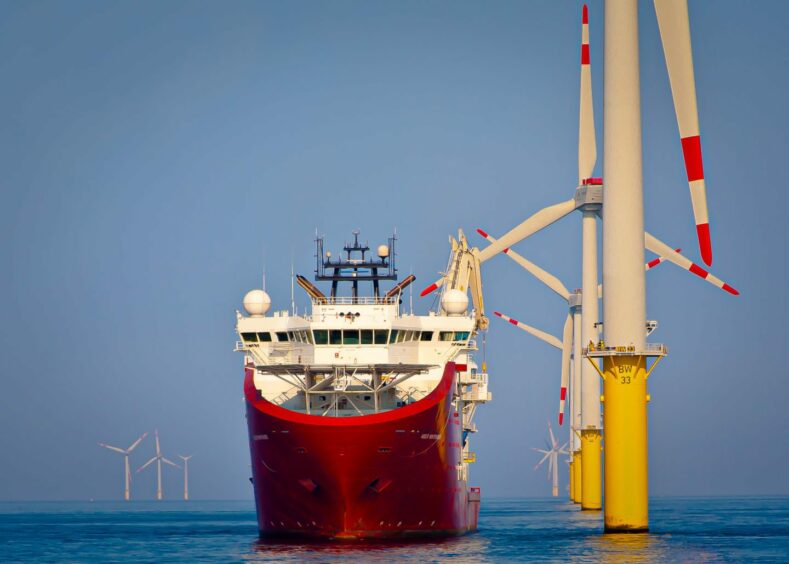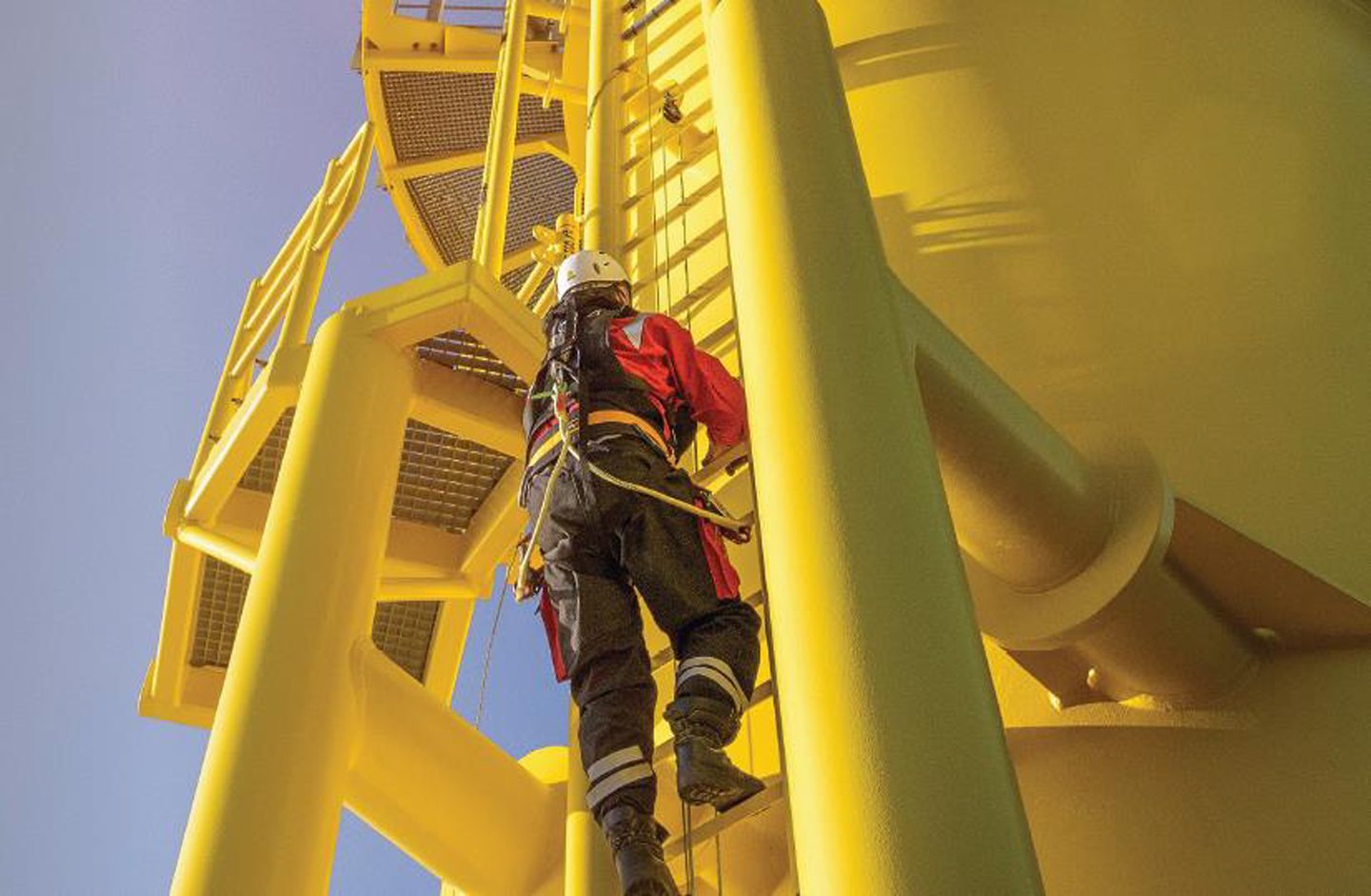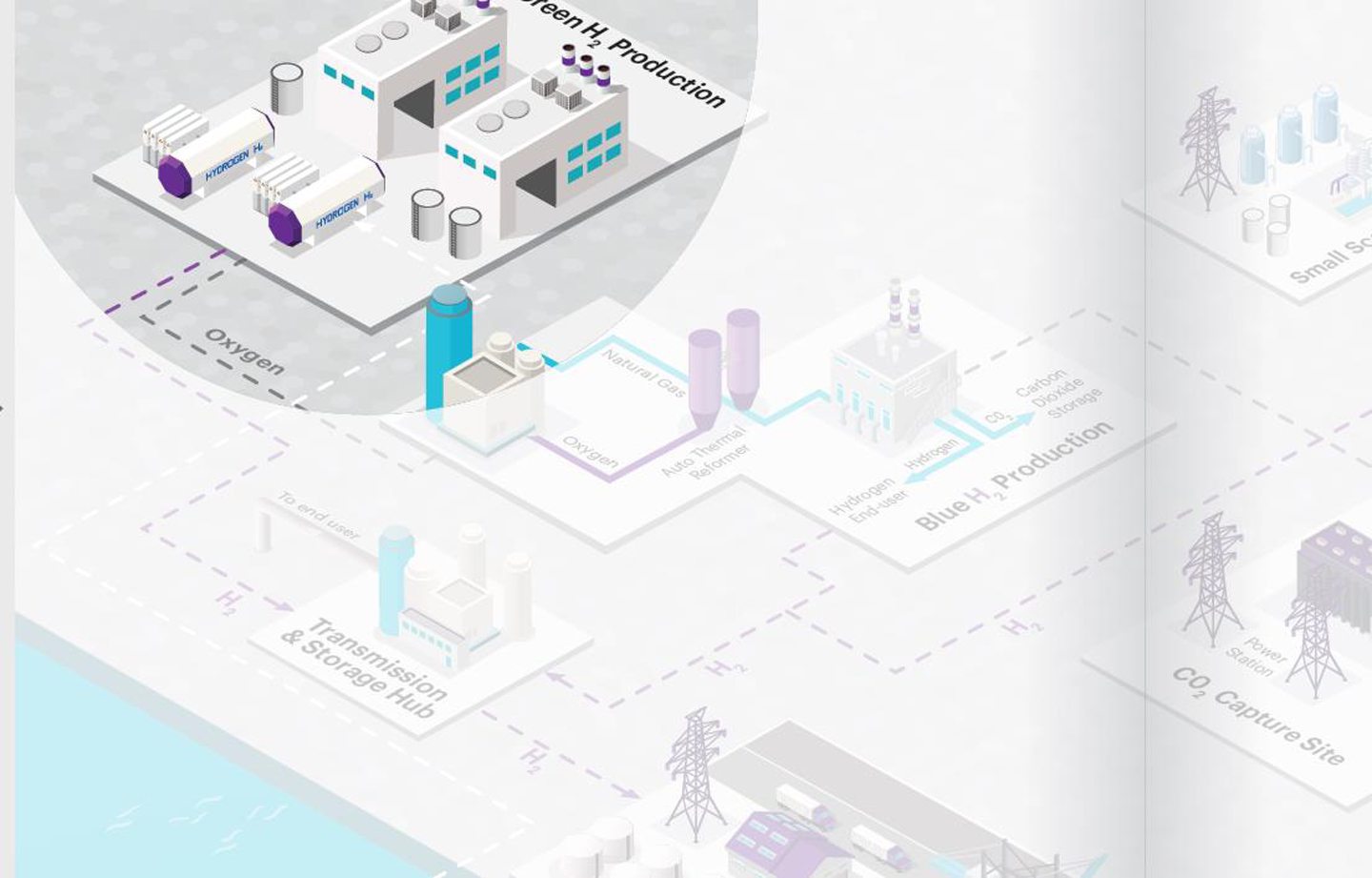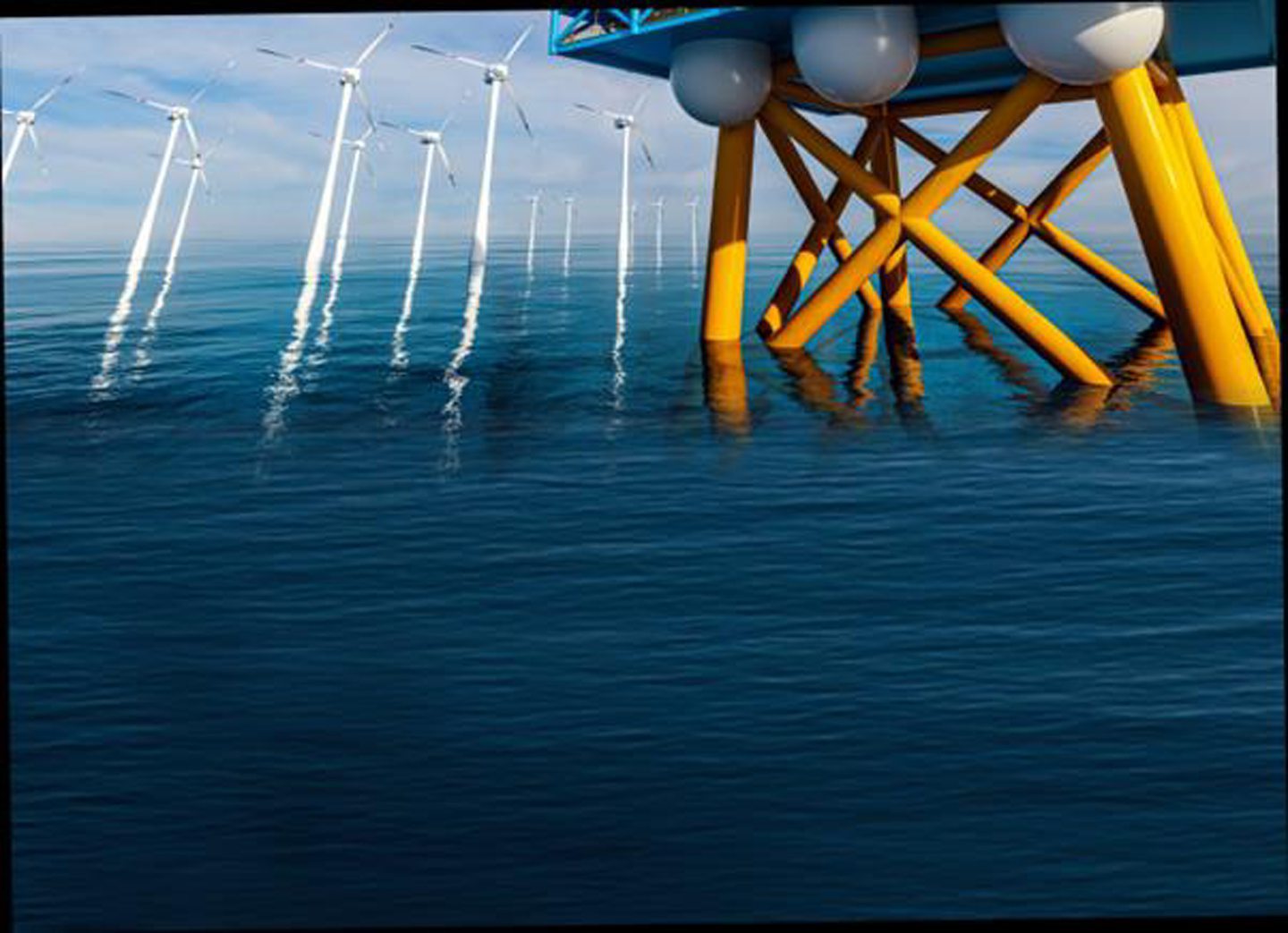
New research has set out how the UK could rapidly accelerate net zero technologies and cut costs in the “critical” years ahead to capture global economic opportunities.
The study, led by the Technology Leadership Board (TLB), Net Zero Technology Centre (NZTC), and Accenture picks out “high impact” areas for the UK to deliver on carbon capture and storage (CCS), hydrogen and floating offshore wind.
However, without acceleration, it warns the UK will “fail to deliver” on the potential prize; with CCS and hydrogen predicted to support 40,000 UK jobs by 2030, and floating offshore wind expected to deliver 29,000 by 2050 .
The “Technology Driving Green Growth” report looks at how innovations will help meet the goals of the North Sea Transition Deal, signed between industry and government last year.
READ: Energy Voice and NZTC presents ‘Technology powering the North Sea Transition Deal’
NZTC chief executive Colette Cohen said: “I constantly hear from people that ‘the technology to solve our problems exists today’. I would say that the affordable technology does not exist.
“It lacks maturity, commercial reality and scalability, and so the concept of test and demonstration facilities to innovate against all of these new solutions to make them fit for UK manufacture, affordable and scalable is what’s so important.”
Key recommendations
· The report authors put government incentives for “rapid” test and deployment top of their recommendations, particularly for components that have the potential to be scalable and modular. These could slash levelised costs “by at least 50%” for offshore wind, electrolysers for hydrogen, and CCS.
· It also calls on government to “sponsor and champion” test and demonstration centres, which could “de-risk or fail fast” multiple offshore wind technologies to ensure pace and cost reductions. They could also bring together different elements of the supply chain and “promote, standardise and scale promising technologies which could be developed”.
· Last on the list is creation of an infrastructure plan to transport, transmit, store and manage new energy commodities such as hydrogen, ammonia, renewable electricity and CO2.
A key message from the report is that there is “no single solution” and the industry needs to be more “entrepreneurial” to capture the opportunity.
Ms Cohen said: “If we want to take up the opportunity that all of this new energy provides to the UK, then it is super important we start doing the innovation, testing and the design for build and manufacture in the UK now.
“Otherwise we will buy those solutions from somebody else by 2030 and that’s not going to give you the jobs or the value that this opportunity could bring the UK.”
That requires companies to “be bold” with their approach to innovation and industry making sure that as much of the work as possible is delivered “within the country”.
Fail fast
NZTC government relations and communications director, Mary Thorogood, added: “ it’s about having the ecosystem in place around us that that will help us achieve
“This entrepreneurial culture, that innovation, that fail fast kind of culture.
“We’re seeing it from Scotland with the National Strategy for Economic Transformation, but it would be great to see that really embedded across the UK and give people that confidence to make those investments.”

Ms Thorogood added that, although we need a “fail fast” culture, the report helps set out the “high impact” areas the UK might look at to capture the highest market share, like modular solutions for manufacturing.
“If you look at floating offshore wind, it picks out the substructures, the moorings, the transmission cables as key areas where we’ve already got expertise, we’ve already got facilities. Let’s build on those components we’re good at.”
“What are the modular solutions that enable a number of different ports, a number of different parts of the East and one day the West Coast to grab a piece of that pie?”
CCS
The report also points to the need for pace on deploying CCS, which currently only has two clusters approved in the UK.
Two more are expected to be given the green light via the government’s “Track 2” announcement on funding, though the timing of that isn’t clear.
Ms Cohen said: “When you look at CCS – we could be much further on with delivering those targets if we stepped in and invested in the four clusters that are in the UK, not the two that are currently invested in in track 1.
“We probably need eight across the country by 2040, but we absolutely need the four in place for 2030.”
Aim for 2030

Looking at the future energy system, the report highlights the interdependency of these different resources; continued oil and gas production relies on CCS, as does blue hydrogen; green hydrogen needs low-cost renewable power, and all solutions need adequate storage and transportation systems.
Achieving the goals of the report means, by 2030, the UK could see:
- A “step reduction” in the cost of hydrogen as production efficiency improves, particularly in the cost of electrolyser design through use of materials like thinner membranes.
- Modularised floating wind designs – making the most efficient use of steel and other materials for substructures and mooring systems – which will in turn simplify manufacturing and improve speed of deployment.
- CCS cost reductions will have enabled a growing carbon import market
- Blue hydrogen production will continue to slowly grow through next generation means
- Hydrogen can reach internal and international destinations if innovations are realised, such as repurposing of UK gas infrastructure.
Good position
The report states that the UK is “uniquely positioned” to lead the development of the global net zero economy due to its strong oil and gas industry, commitment to a net zero future, and leading position in renewable energy.
Ms Cohen said that means the UK cannot rest on its laurels, and other countries are being more “aggressive” in their investments, such as Germany, Norway and the Far East in areas like floating offshore wind and green hydrogen.

“I don’t think anybody is first or even second. It’s like everybody finding their way right now, but there are certain countries that are more aggressive in their investing, and as a result, they will get an edge.
“It is all about stepping into this space. The reality is we, as a nation, have led the way in aspiration in both net zero commitments and I would say in wind licensing.
“But have we led the way in wind component manufacturing? Not yet. We failed to do it for fixed wind, we have to take in this opportunity now for floating offshore wind because nobody has that space yet.”
Asked whether the UK has what it takes to achieve the aims of the report, Ms Cohen answered “We can, but it’s really tough and we need to be very intentional about what we’re doing.”
Recommended for you


 © Supplied by NZTC
© Supplied by NZTC